Speaker
Description
Evolutionary Game Theory defines a mathematical framework to study the evolving dynamics of communities in biology or social sciences, typically in regimes where the evolution is deterministic. In this framework, the cooperative strategy updating is commonly based on relative payoff comparison and social learning by natural selection. However, in the real world it might be different, as individuals may not follow a social learning behaviour. In this study we propose a stochastic evolutionary game dynamics asymmetric model, for finite populations, in which individuals may adopt three different behaviours to update strategy: social learning, conformism or counterfactual thinking. We analyze these behaviours impact on the gradient of selection and on the fixation probability in a N-person group community.
